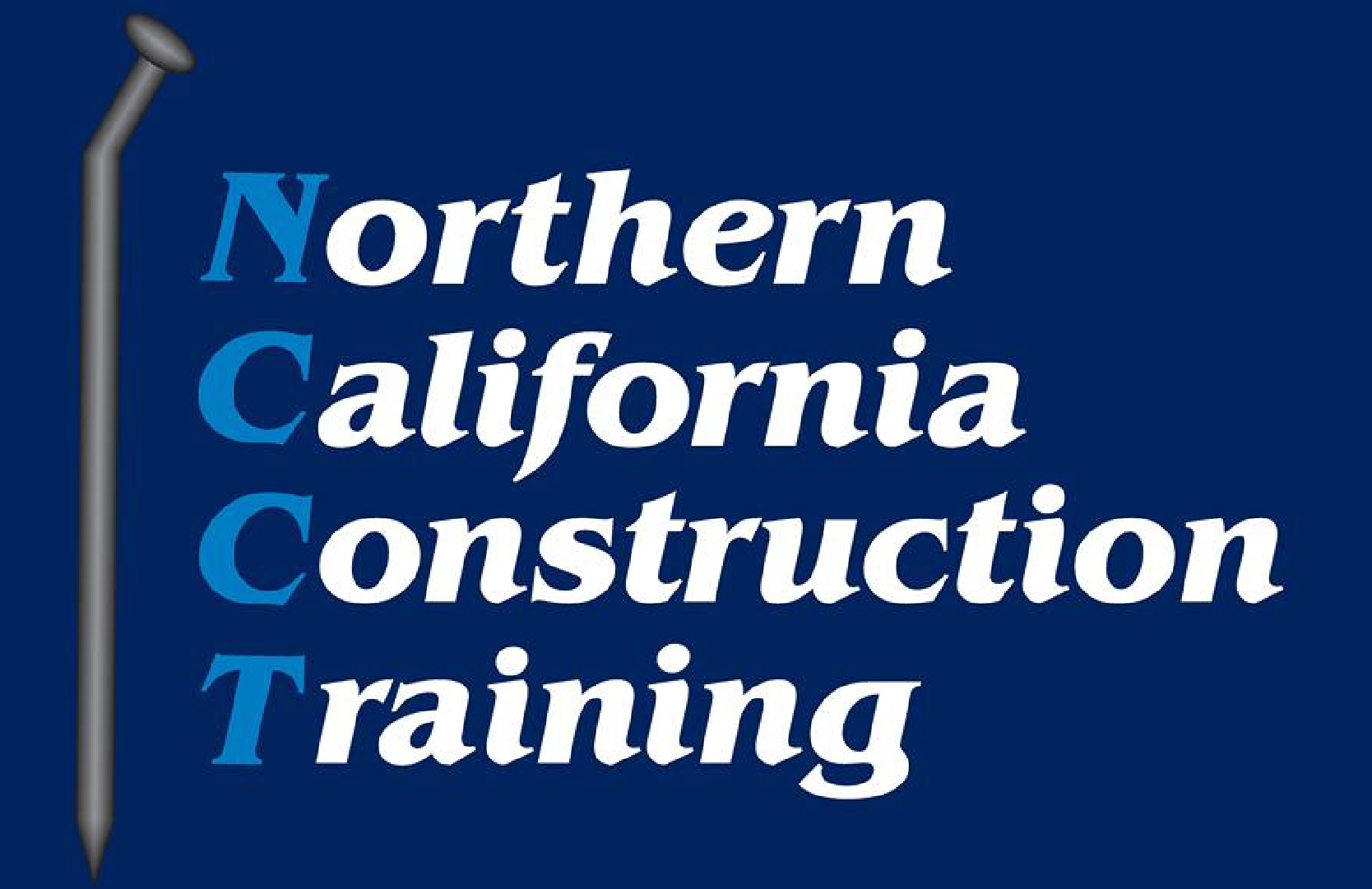Probation
 Brian J. Richart
Brian J. Richart
Chief Probation Officer
Phone: (530) 621-5625

The El Dorado Probation Department is committed to providing public safety through collaborative partnerships and innovative practices in corrections. We approach this mission with accountability and compassion to create a safe community through changed lives.
We believe that our well-trained, dedicated and compassionate employees are our department's most valuable asset. We respect human rights and diversity and foster transparency through our accountability and communication. We strive to provide exemplary service by leading with integrity, humility, honesty and equality.
Probation Services
There are several services provided by the Probation office to create a safer community and help offenders better their lives. A few are linked here for your convenience.
Probation Resources and Services
It is El Dorado's goal to support the community through several resources including prevention services, food banks, healthcare services, and more.
Learn more about dozens of community support services available to residents in need here in El Dorado County. Learn about local housing options, health services, food resources, education, and much more.
 (PDF, 541KB)
(PDF, 541KB)
Learn more about this non-profit pre-apprenticeship training program that helps prepare individuals for entry into various building trades apprenticeship programs.

Stepping Up Initiative
Learn more about the Stepping Up initiative which strives to reduce the number of people in jail with mental illnesses.

Follow Us on Social Media
 El Dorado Probation Instagram
El Dorado Probation Instagram